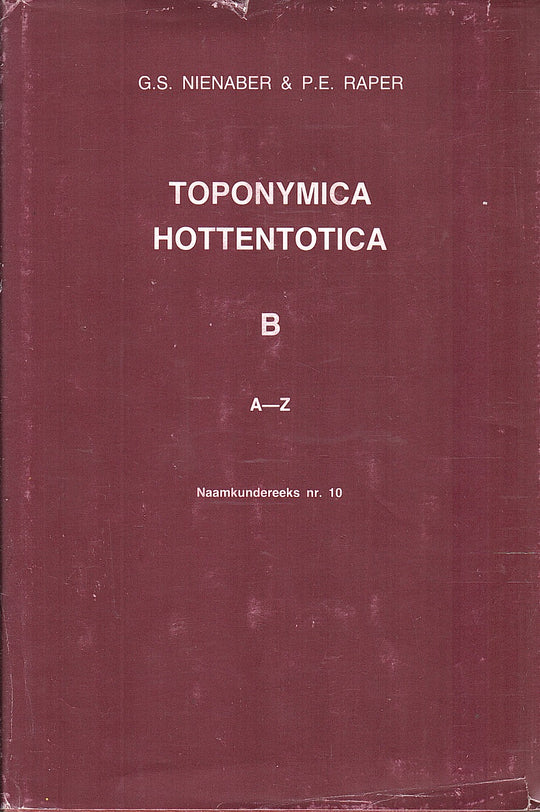Xamasaris
We are confronted with a linguistic fact that is new to us. It deals with the verdict. In th a * 276, this name was also discussed, and there is no one of our spokesmen (Mr WHG Haacke) 1974 on the basis of one of those he consulted, 'Otto Swart, a Damara, gives as variation also Samasaris' . So we have been introduced to this four years ago without setting it central. The spelling of place names with cha - which we have phoned as (with Afrikaans values) GA, by nameworks today, in some cases, as SA or TSA, cf. o.a. Chamaites, so Chama is interpreted as eg. Tsamma or Samma, here by Mr. Kariseb as Sama = come together, and by the team of Mr Hanse as Sama = rise (from wind). Whether it's a younger dialectical disorder, just a continuation is of an old ruling that was heard badly by the whites and with a CH or with an X-written, we don't know. Probably it is a younger inclination among local Khoekhoense speakers. The Ingredient -Sari - again declared differently as SARI = 'DER BESUCH' (KR .. . However, the whites are unanimous, in so far as they were questioned by us whether we answered questionnaires, that Chama means 'lion'. Hahn th 1879 game the place 'Xamsaris' (in a ** As mentioned above). Between the possibilities of 'leechesy', 'lion-place', 'venue' and 'whirlwind' we cannot choose; There is Seifs to make a case for a statement with -Sari = substance as a basis, as we have many dunes and nearby farms have this ingredient in this meaning. In addition, the view of Mr Haacke Whg 1979 Education Planner note that Xamma (note the - (m) a) would refer to the object, so that the -ma - (m) -A supports the suspicion that S- AMA does not Phonological variation of xamma (for 'lion') is not, but a very different word. We believe the question is still open.




